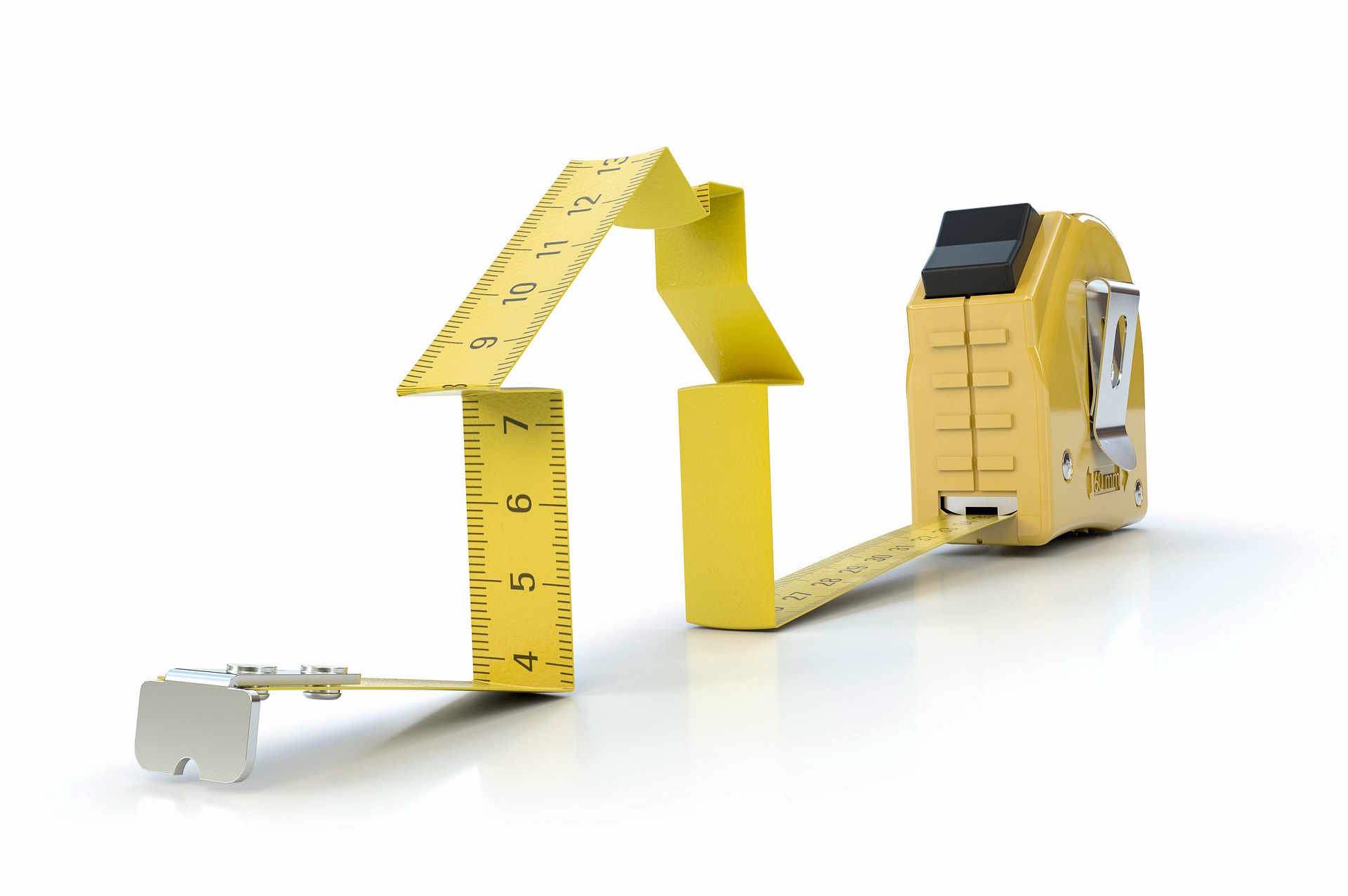Understanding Home Value: A Comprehensive Guide for Homeowners
Determining the value of your home is a crucial step in many financial decisions, from refinancing to selling. This article will explore the various methods and tools available to help you estimate your home's worth, providing insights into factors that influence property values and how to interpret different valuation methods.

What is meant by “home value” in real estate terms?
Home value, also known as property value or market value, refers to the estimated amount a buyer would be willing to pay for a property in the current market. This value is influenced by various factors, including location, property condition, local market trends, and comparable sales in the area. Understanding your home’s value is essential for homeowners, as it impacts everything from property taxes to potential selling prices.
How can I find the estimated value of my house?
There are several methods to estimate your home’s value:
-
Online Home Value Estimators: Websites like Zillow, Redfin, and Realtor.com offer free online tools that provide a quick estimate based on public data and recent sales.
-
Comparative Market Analysis (CMA): Real estate agents can provide a CMA, which compares your home to similar properties recently sold in your area.
-
Professional Appraisal: A licensed appraiser can conduct a thorough evaluation of your property, considering its unique features and local market conditions.
-
Home Value by Address: Many online platforms allow you to input your address and receive an estimated value based on public records and recent sales data.
Each method has its pros and cons, and combining multiple approaches can give you a more accurate picture of your home’s worth.
What factors influence my home’s current value?
Several key factors can impact your home’s value:
-
Location: Proximity to amenities, school districts, and neighborhood desirability.
-
Property Size and Layout: Square footage, number of bedrooms and bathrooms, and overall floor plan.
-
Age and Condition: The overall state of the home, including any recent renovations or needed repairs.
-
Local Market Trends: Supply and demand in your area, as well as broader economic factors.
-
Unique Features: Special amenities like a pool, updated kitchen, or energy-efficient systems can increase value.
Understanding these factors can help you interpret valuation estimates and identify areas where you might be able to increase your home’s worth.
How accurate are online home value estimators like Zillow?
Online home value estimators, such as Zillow’s “Zestimate,” provide a quick and convenient way to get a ballpark figure for your home’s value. However, it’s important to understand their limitations:
-
Data Accuracy: These tools rely on public records and user-submitted information, which may not always be up-to-date or accurate.
-
Unique Features: Automated systems may not account for specific upgrades or unique characteristics of your property.
-
Local Market Nuances: Online estimators might not fully capture hyperlocal market trends or neighborhood-specific factors.
While Zillow and similar platforms can offer a useful starting point, their estimates can sometimes be off by a significant margin. It’s generally recommended to use these tools in conjunction with other valuation methods for a more comprehensive assessment.
What are some tips for increasing my home’s value?
If you’re looking to boost your home’s value, consider these strategies:
-
Focus on Curb Appeal: Improve landscaping and exterior aesthetics to make a strong first impression.
-
Upgrade Key Areas: Kitchens and bathrooms often provide the best return on investment for renovations.
-
Energy Efficiency: Install energy-efficient appliances and systems to appeal to cost-conscious buyers.
-
Regular Maintenance: Keep up with repairs and routine maintenance to prevent larger issues down the line.
-
Smart Home Features: Consider adding modern technology like smart thermostats or security systems.
Remember that not all improvements will significantly increase your home’s value, so it’s essential to research which upgrades are most likely to pay off in your specific market.
How often should I check my home’s value?
While there’s no set rule for how often you should check your home’s value, it’s generally a good idea to stay informed about your property’s worth:
-
Annual Check: Perform a basic valuation check annually to stay aware of market trends.
-
Before Major Financial Decisions: Always reassess your home’s value before refinancing, taking out a home equity loan, or deciding to sell.
-
After Significant Improvements: Re-evaluate after completing major renovations or upgrades.
-
During Market Shifts: Pay closer attention during periods of significant market changes in your area.
| Valuation Method | Provider | Cost Estimation |
|---|---|---|
| Online Estimator | Zillow | Free |
| Online Estimator | Redfin | Free |
| Comparative Market Analysis | Local Real Estate Agent | Often Free (As a service to potential sellers) |
| Professional Appraisal | Licensed Appraiser | $300 - $600 on average |
| Automated Valuation Model | Banks/Lenders | Varies (Often part of lending services) |
Prices, rates, or cost estimates mentioned in this article are based on the latest available information but may change over time. Independent research is advised before making financial decisions.
Regularly monitoring your home’s value can help you make informed decisions about your property and overall financial planning. Whether you’re considering selling, refinancing, or simply staying informed about your largest asset, understanding the various methods of home valuation and their relative accuracies is crucial for any homeowner.




